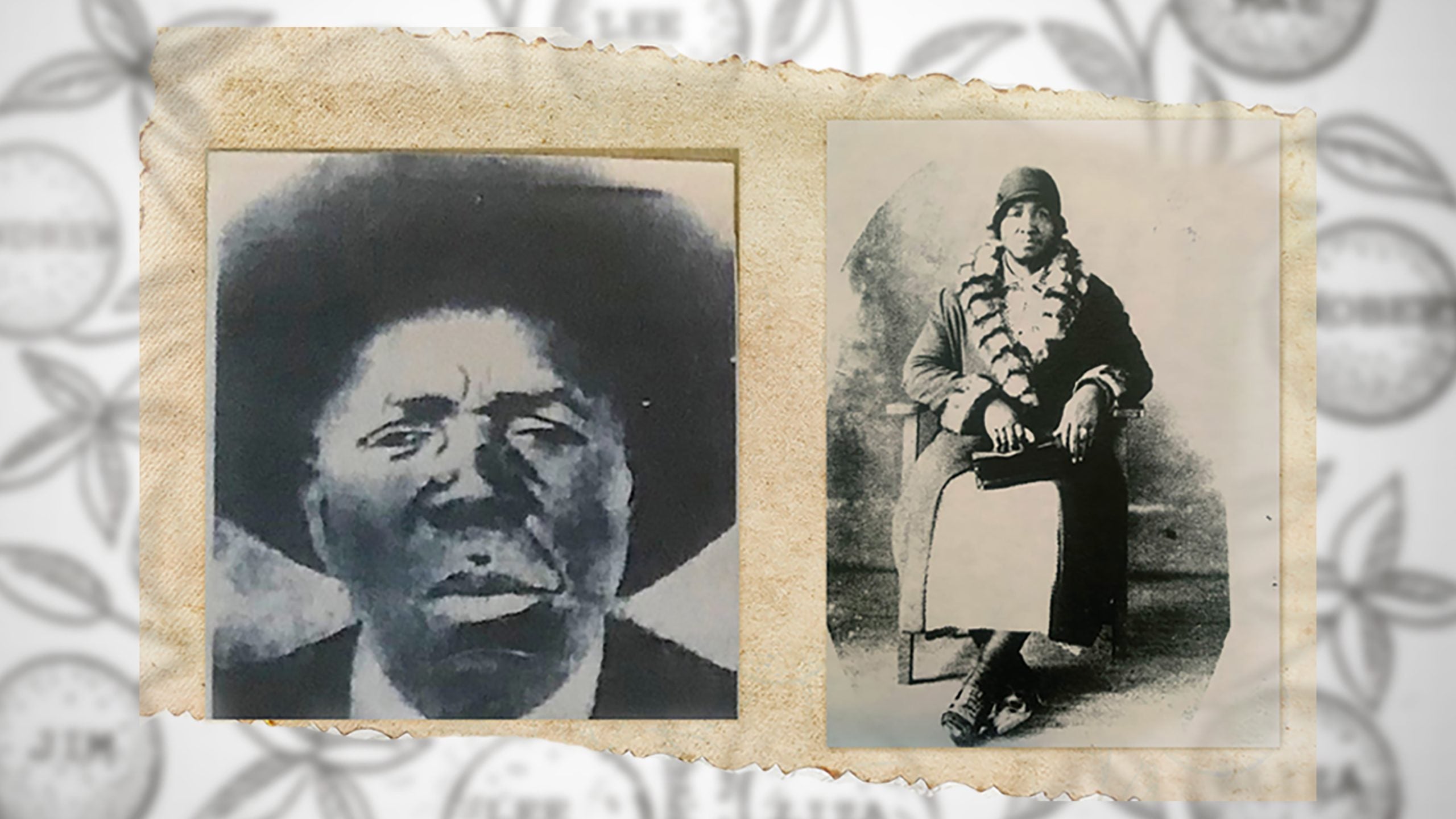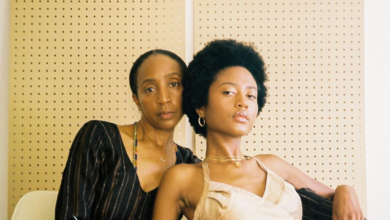How Can Black Americans Trace Their Roots? This New Documentary Shows One Family’s Journey


It is a well-documented fact that many Black Americans lack knowledge about their family history. According to Pew Research Center, “[b]ecause of slavery, it is often difficult for them to trace their ancestry prior to the 1870 census. Records of the enslaved are often handwritten, poorly maintained, or simply lost of over time.”
This was true for Emmy-nominated filmmaker Byron Hurt and his family. And with Hurt’s documentary, Lee and Liza’s Family Tree, in true introspective fashion, he turned the lens on himself. This film follows Hurt along with members of his family, as they embarked on a quest to learn more about their ancestral family tree. This was all possible in part due to new scientific advancements in DNA analysis.
With the help of Howard University professor Dr. Fatimah Jackson, an expert in “genetic variation in peoples of African descent,” the multi-generations of Hurts worked together to piece together and rediscover the lost history of their family.
As Dr. Jackson told ESSENCE, “The most serious limitation that we face in reconstructing the African-American past is the paucity of a comprehensive database — a database that is inclusive and provides breath as well as depth to African-American genomics. In the absence of this database, we are limited in what we can say about African-American genetics, even when we have the primary data from our families.”
For this film, Hurt worked both in front and behind the camera. “Directing Lee and Liza’s Family Tree was a very unique experience for me as a storyteller because the film’s story centered squarely on my paternal family,” he explained to ESSENCE.
It was personal for Hurt— “This raised the stakes for me because I love my family dearly and didn’t want to screw up the film! It was much more of a collaborative process with the film’s participants (my family members) than any of my previous films,” Hurt said.
“I wanted to make sure that I told a beautiful, poignant story in a way that both honored my family while showing the harsh and sometimes disappointing realities mine and so many other Black families face when doing ancestry research,” continued Hurt.
“There are many things we learned throughout the process: how to search and find historical family documents, the power of oral history, how DNA and ancestry genetic test kits really work, the role science can play in making new discoveries,” Hurt stated, adding “how frustrating it feels when you think you’ve unlocked a door to a new pathway leading to new information about your family that turns out to be a dead end.”
“My hope is that other Black families will learn from our journey, and will inspire others to start their own ancestry research — including science and DNA testing — in an effort to stitch our families back together again after experiencing such a painful history of fractured families,” Hurt says.
Lee and Liza’s Family Tree debuted on November 22 on PBS, and it’s also available to stream via PBS online or on the PBS App.
Source link : www.essence.com






















































